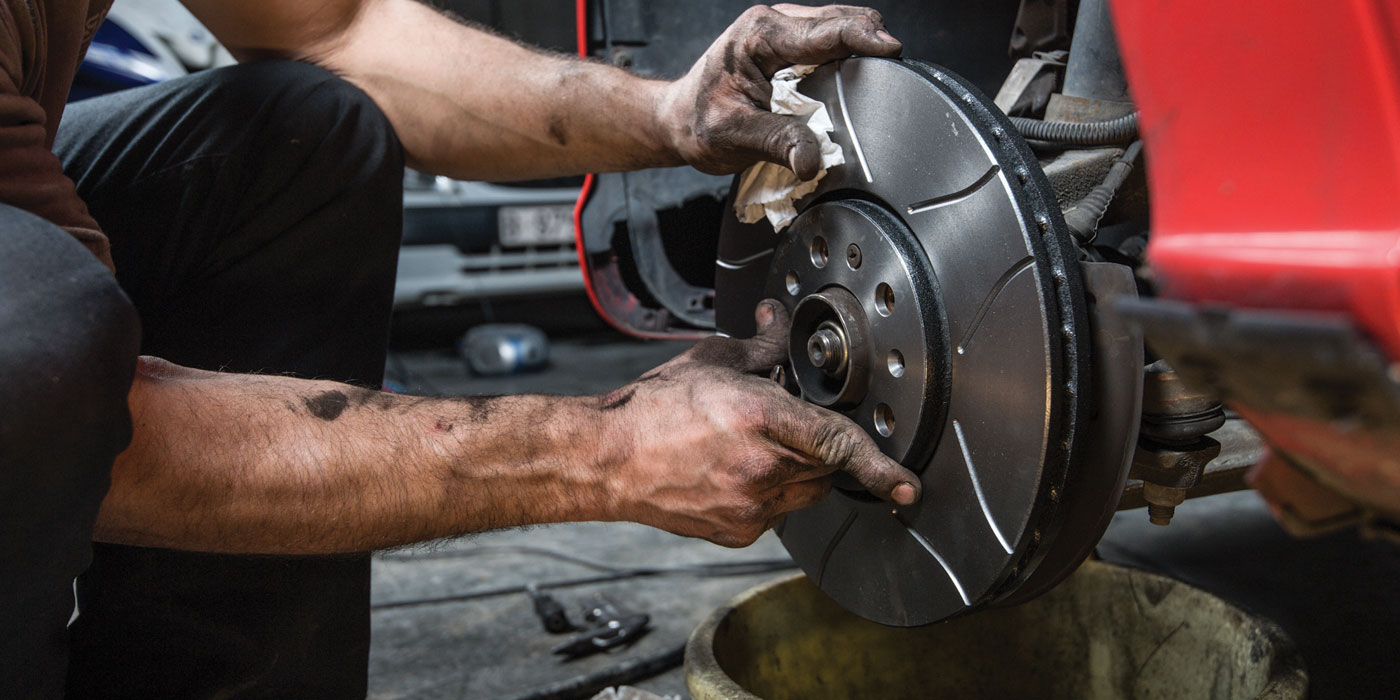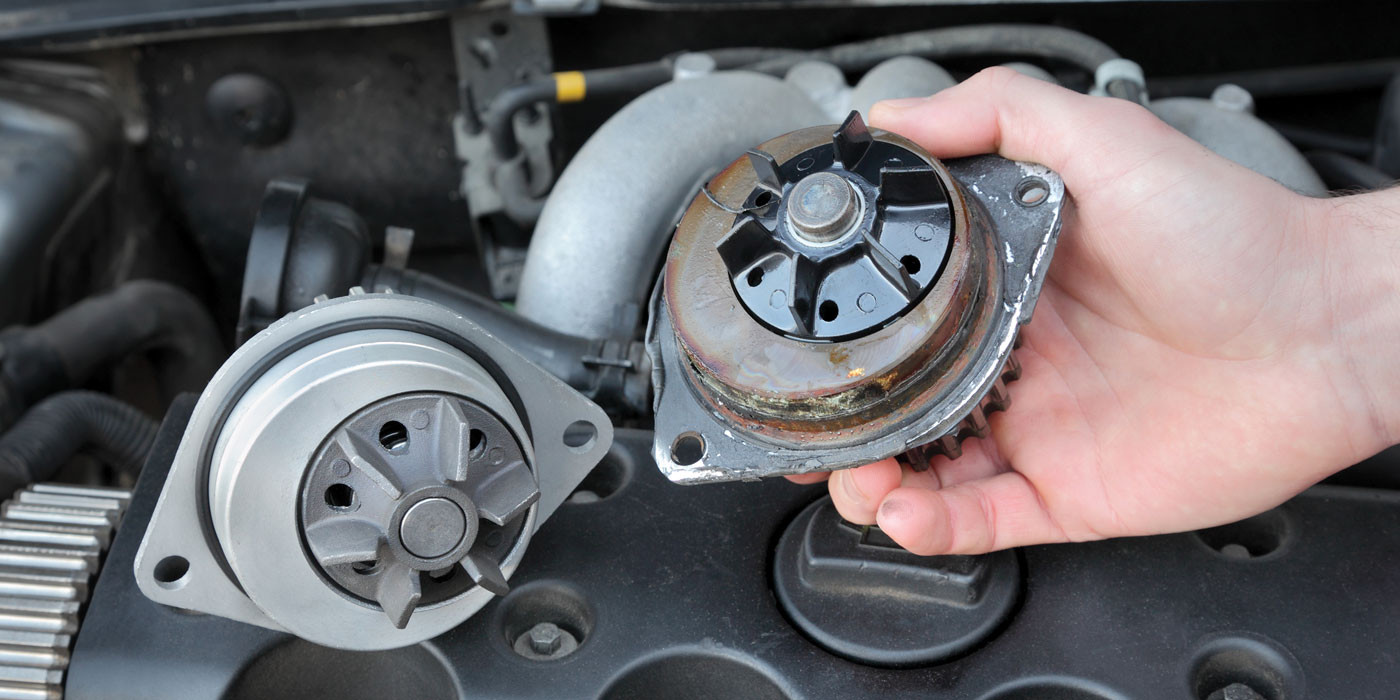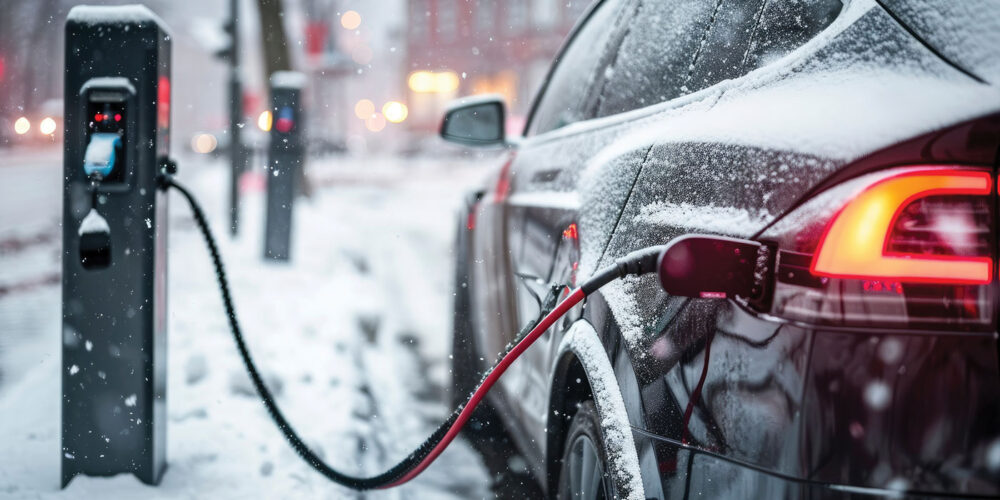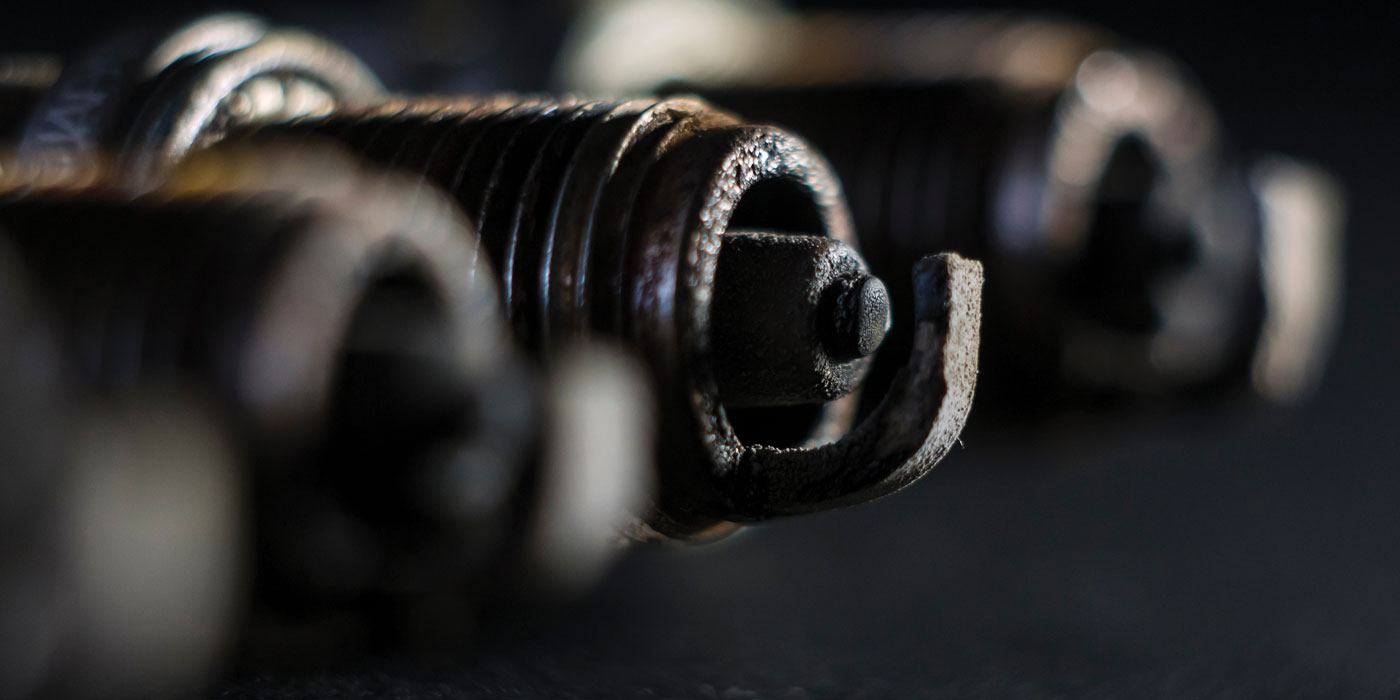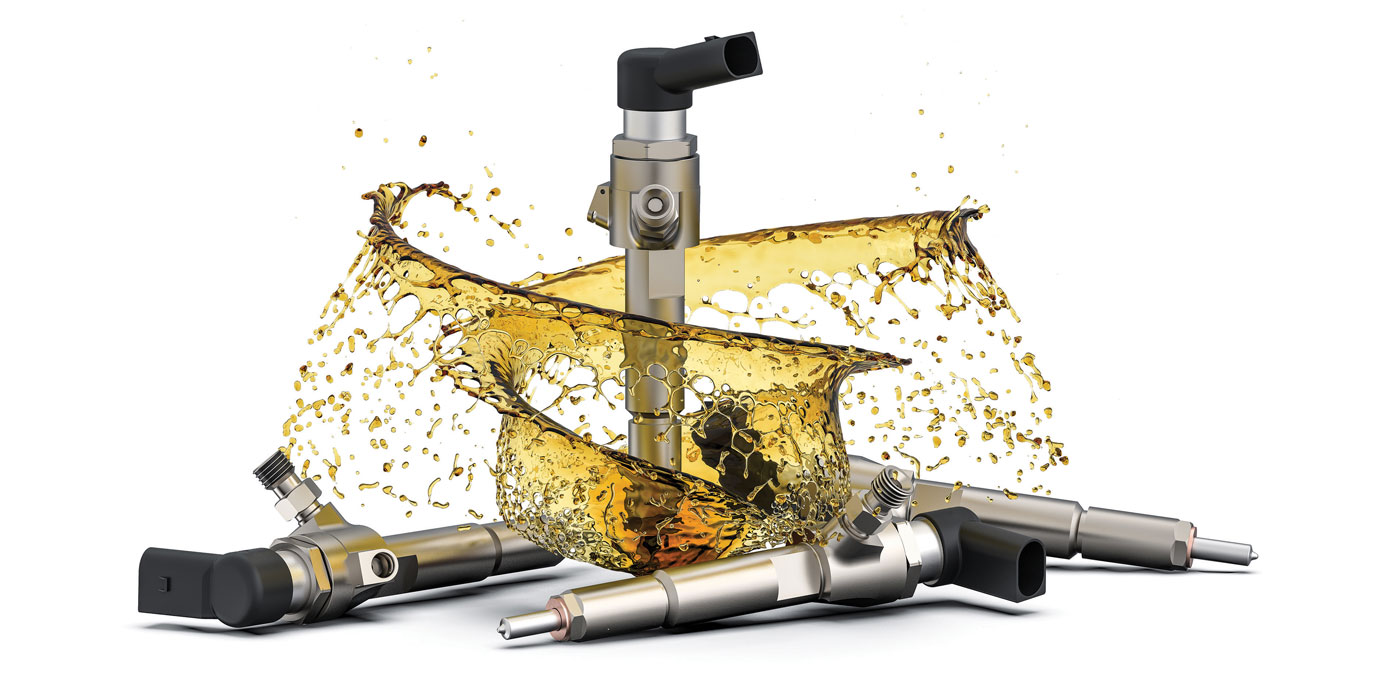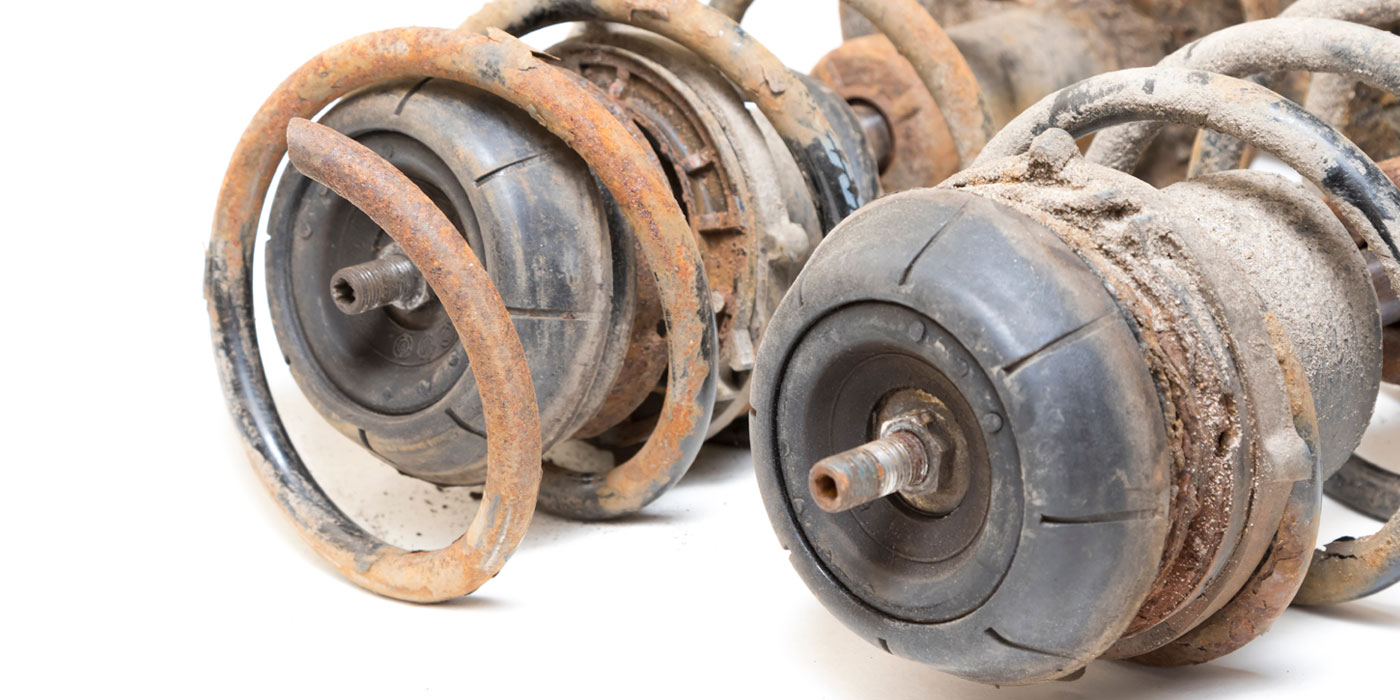A common cause of alternator failure is bad diodes. The diodes are part of the rectifier assembly that converts the alternator’s Alternating Current (AC) output to Direct Current (DC). All of the alternator’s charging output flows through six diodes (three matched pairs) in the rectifier assembly before it goes to the battery and electrical system. Consequently, the higher the charging load, the more current flows through the diodes and the hotter they get.
Normal driving and charging loads won’t burn out the diodes, but prolonged higher-than-normal charging loads can significantly shorten their life. For instance, infrequent driving and short trip nighttime driving with lights and other accessories on can increase charging loads.
When diodes fail, the charging output of the alternator drops. If only one or two diodes have failed, the alternator may still produce enough current to meet the vehicle’s electrical needs, but it may not be enough to keep up with higher loads or keep the battery fully charged. This could cause the battery to run down over time.
Diode failures may also allow AC current to leak into the electrical system. AC voltage creates
electrical “noise” that can confuse electronic modules and digital communications. A leaky diode also can allow current to drain out of the battery through the alternator when the vehicle is not being driven.
A faulty voltage regulator can also cause charging problems. Internally regulated alternators have a small solid state module that controls charging output. Some older vehicles have external voltage regulators, whereas many late-model vehicles use the PCM to control charging output. Like diodes, internal voltage regulators also can fail from too much heat.
The best way to identify alternator problems is by conducting a bench test. A bench test will check the diodes and internal regulator and then tell you if the alternator is capable of producing its rated current and voltage. If the alternator fails any test category, your customer needs a new alternator.
If an alternator tests satisfactorily, but is not working on the vehicle, the problem must lie elsewhere. It could possibly be a fault in the wiring harness or connector or a damaged PCM control circuit.
Misdiagnosis is the No. 1 cause of unnecessary alternator returns. So if your store has a bench tester, make sure to use it. Do not only test your customer’s old alternator to verify it is bad, but also test a new or reman alternator before it goes out the door to verify it is good.
It’s the same story with starters. Misdiagnosis can lead to unnecessary replacement of a perfectly good starter. A bench test will tell you whether or not a starter is cranking fast enough for reliable starting and not drawing too much current.


